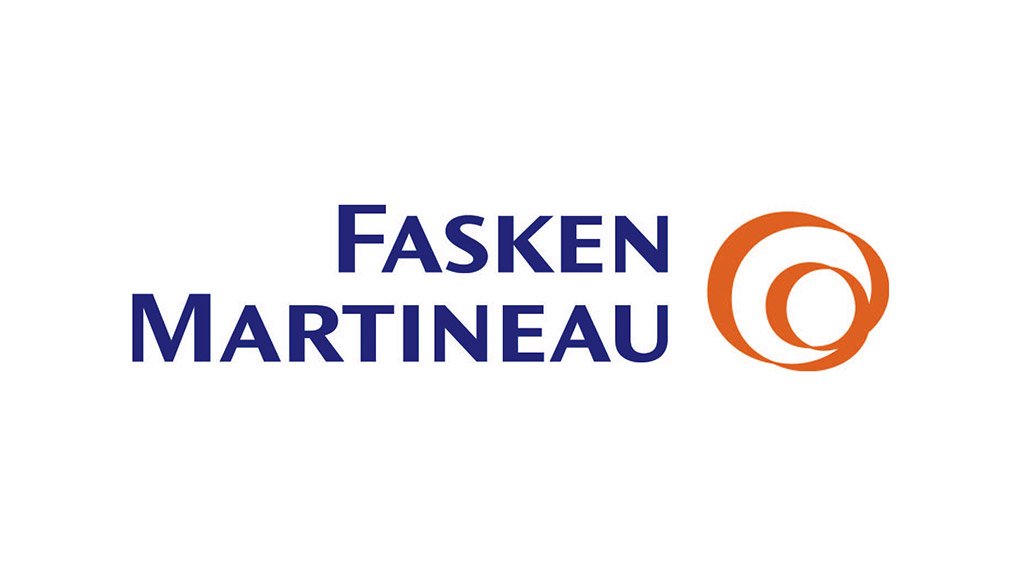National Treasury published the Preferential Procurement Regulations, 2017 on 20 January 2017. These regulations, which come into operation on 1 April 2017, replace the current regulations which were promulgated in 2011.
The Preferential Procurement Policy Framework Act, 2000 (the Act) was enacted to provide the framework required by sub-sections 217 (2) and (3) of the Constitution of the Republic of South Africa, 1996 which permits organs of state to implement a procurement policy which prefers certain groups of people.
The Act requires organs of state to follow a preference point system for contracts either below or above R1 million and creates a framework for achieving specific goals. The Act also enables organs of state to apply for an exemption from the provisions of the Act.
The 2011 regulations map out the provisions of the Act, such as providing the formulae for calculating preference points, adjudicating a tender based on functionality and setting minimum thresholds for local production and content.
The Office of the Chief Procurement Officer stated in a media statement dated 15 June 2016 that the amendments are aimed at providing a mechanism to assist certain targeted categories of people. The 2017 regulations have retained many of the provisions of the 2011 regulations, with the following notable changes:
- the threshold for the 80/20 preference point system has increased from tenders with a value of up to R 1 million to those with a value of up to R 50 million and that of the 90/10 preference point system has increased from tenders with a value of above R 1 million to those with a value of above R 50 million;
- bidders who are bidding for products and services to the value of R 30 million or more must sub-contract at least 30% of the value of the contract to Exempted Micro Enterprises (EMEs) or Qualifying Small Business Enterprises (QSEs) or a small business as defined in the National Small Business Act, 1996 if this is determined by the organ of state to be feasible;
- an organ of state which imposes the 30% sub-contracting requirement must make a database of all suppliers from the targeted groups available for bidders to choose from;
- organs of state are required to stipulate the objective criteria used when awarding a contract to a party who did not obtain the highest points; and
- the remedies provision was extended to afford bidders suspected of having submitted false information regarding their B-BBEE status an opportunity to make representations and requiring National Treasury to decide whether to add such a bidder to its list of restricted suppliers.
Although the 2017 regulations contain aggressive measures to ensure greater economic participation by small and black owned businesses, it is important to note that National Treasury has compromised on some provisions which were initially contained in the draft regulations published on 14 June 2016 such as:
- only requiring the sub-contracting of 30% of the contract value of a tender where the organ of state deems it feasible instead of requiring it in all cases and placing the onus of creating supplier lists on such organs of state;
- deletion of the provision creating a different formula to calculate the points for price in respect of the disposal, sale and letting of property; and
- lowering the increase in the maximum threshold for the 80/20 preference point system and the minimum threshold for the 90/10 preference point system from R100 million to R 50 million.
Companies are encouraged to take note of these provisions and to seek legal counsel where necessary.
Written by Bontle Pilane, Senior Associate, Fasken Martineau
For more information on the above please contact bpilane@fasken.com.
EMAIL THIS ARTICLE SAVE THIS ARTICLE ARTICLE ENQUIRY
To subscribe email subscriptions@creamermedia.co.za or click here
To advertise email advertising@creamermedia.co.za or click here











